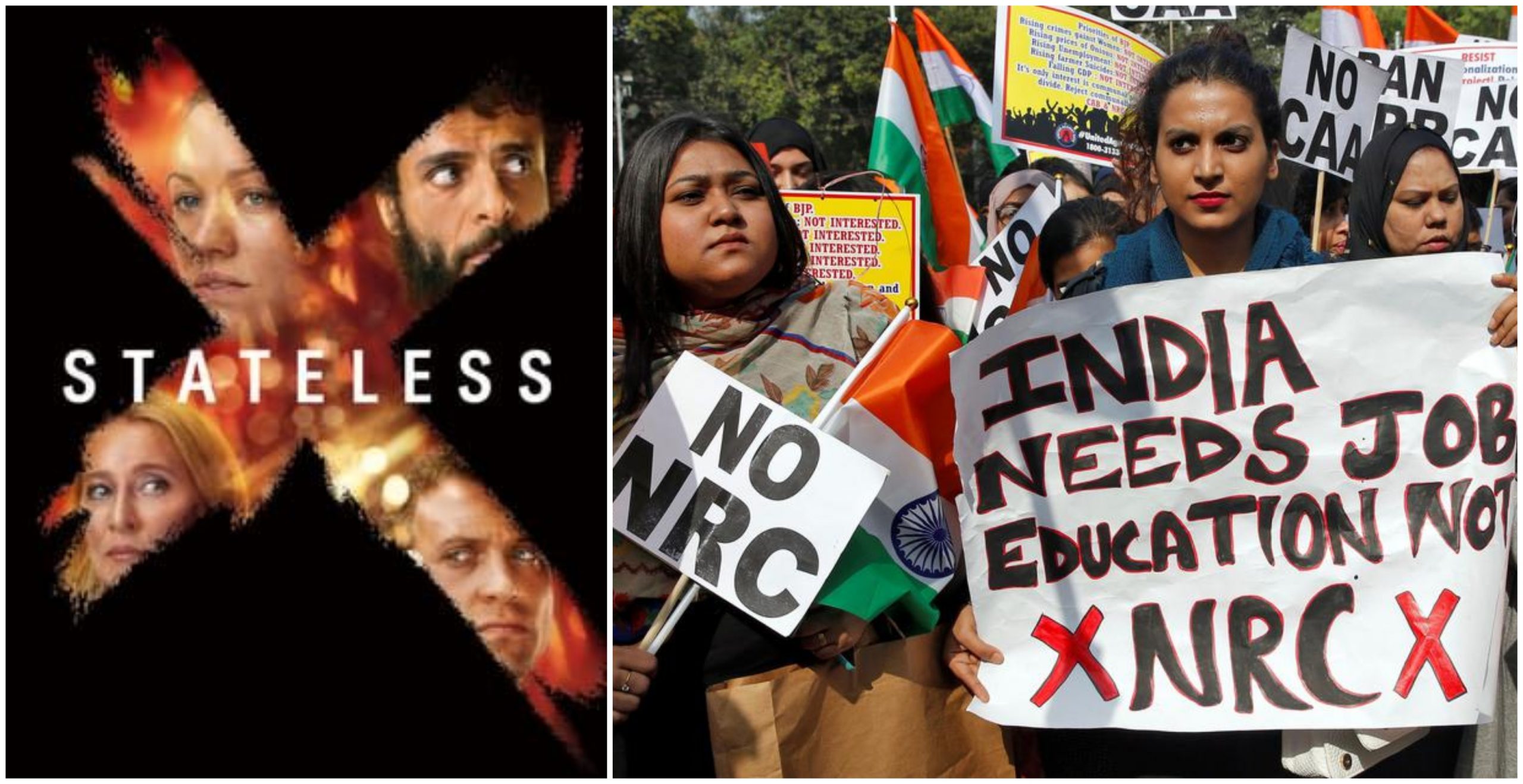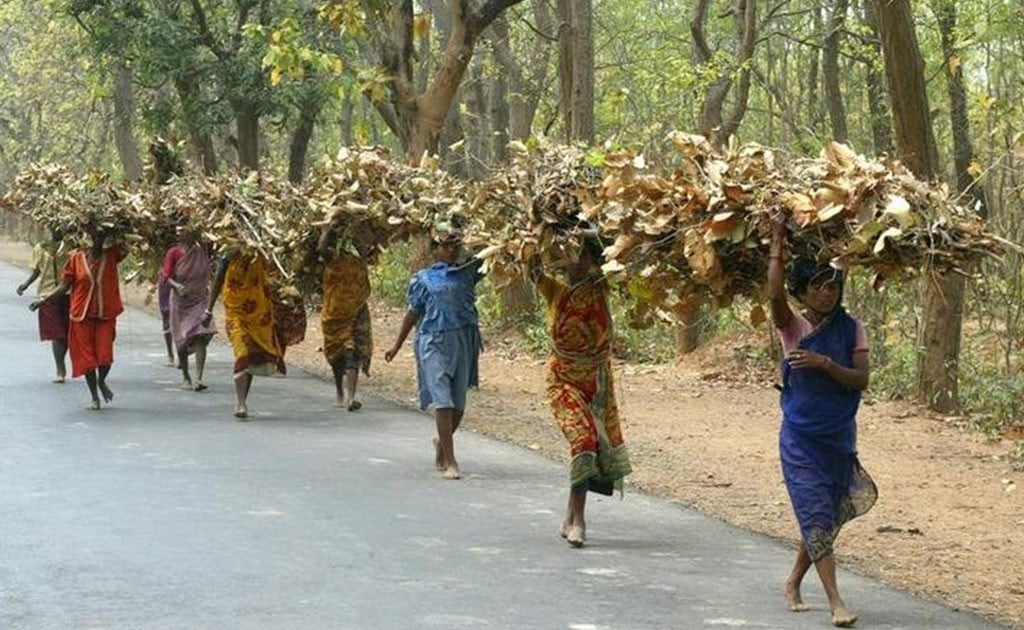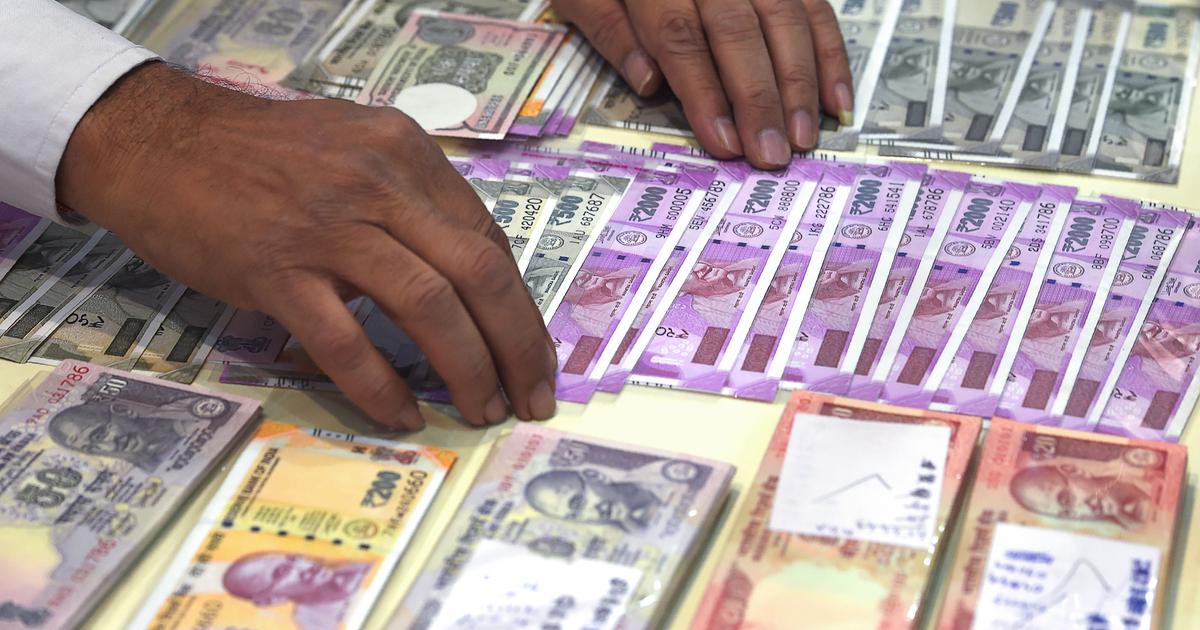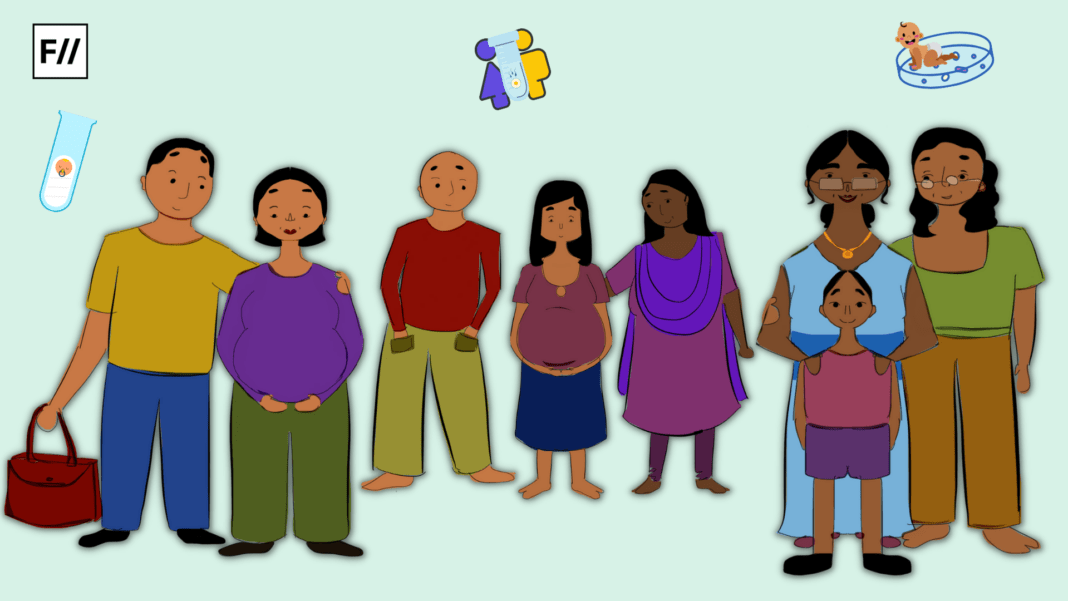Stateless is an Australian drama series (inspired by true events) that is set in the backdrop of an immigration detention center. It reveals the miserable state of affairs of immigrants in the camps. The six-part drama series revolves around a four-pronged narrative with respect to the detention camp: Sofie Werner (Yvonne Strahovski), Claire Kowitz (Asher Keddie), Cam Sandford (Jai Courtney) and Ameer (Fayssal Bazzi).
Spoilers ahead!
Sofie Werner’s character is based on the real-life character, Cornelia Rau, an Australian citizen who was unlawfully detained in her own country’s detention camp for 10 months. Sofie Werner’s character is a flight attendant who falls in with a shady self-help group called GOPA (a group run by a shady couple who plays on people’s vulnerabilities) and ends up at the Barton detention center in her desperate attempt to leave Australia, away from her unsupportive parents.
Ameer is an Afghan refugee, who is constantly trying to get his family to Australia, in search for shelter and security. In this process, he loses his younger child and wife and gets separated from his elder daughter only to be reunited again in the detention camp. Claire is a bureaucrat, who has been reassigned at Barton to keep the detention center “out of the news”. And Cam is a guard at the detention facility, who struggles between keeping his job and taking a principled position.
Though the show might have intended otherwise, it ends up being a ‘white narrative’ of the situation. Ameer is the only non-white protagonist. All the four characters portrayed a physical or mental state of being stateless. While all the other protagonists’ stories have closure, the story of Ameer sees no endgame.
Though the show might have intended otherwise, it ends up being a ‘white narrative’ of the situation. Ameer is the only non-white protagonist. All the four characters portrayed a physical or mental state of being stateless. While all the other protagonists’ stories have closure, the story of Ameer sees no endgame. Sofie and Ameer’s narrative comes out as paradoxical to each other. While Sofie makes constant efforts to move away from her family, Ameer desperately attempts to reunite with his family. Her birth privileges are opposed to his second-class citizenship. This brings out an even clearer picture of the existing disparities.
Also read: Imagining Assam Beyond Borders: Migration And The CAA Debate
Citizenship Amendment Bill: A Violation of Human Rights
Statelessness has been remarked as an infringement of an individual’s Human Rights and Human Security. Human Rights are universal, fundamental and indivisible in nature. Nationality and Citizenship are an important part of Human Rights. A stateless person “is not considered a citizen by any state under its laws” and majority of the countries allow only their nationals to exercise political, social and economic rights within its territory, thus, depriving stateless people to exercise any right necessary for survival. In theory, a person is born with Human Rights but in practice, it is extended by the governments through various rights of their territory. Statelessness deprives one of the rights to have rights. Statelessness can be created through changes in the law.
The CAA-NRC (Citizenship Amendment Bill (now an Act) – National Register of Citizens – National Population register) proposed in the country is fundamentally aimed at turning citizens into stateless entities. One such parallel between the current state of India and the said series is the question of documentation. The constant burden to show the papers in order to prove one’s citizenship is a bare attempt to find ways to exclude a group of people by the current Indian government.
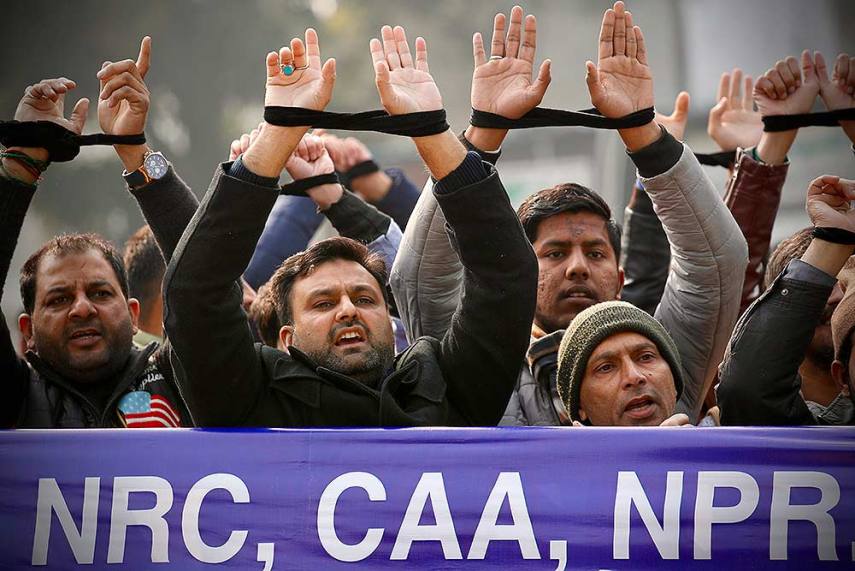
While India is trying to gather the papers, which are most likely destroyed in the natural disasters or in the riots against the same community that is being targeted right now, Sofie, in the series, was too seen struggling to produce a “true identity” with the aim to get out of the detention centre.
The CAA-NRC (Citizenship Amendment Bill (now an Act) – National Register of Citizens – National Population register) proposed in the country is fundamentally aimed at turning citizens into stateless entities. One such parallel between the current state of India and the said series is the question of documentation. The constant burden to show the papers in order to prove one’s citizenship is a bare attempt to find ways to exclude a group of people by the current Indian government.
“The CAA does not take into account the plight of Muslims in these neighboring countries nor does it consider the Hindus staying in Rohingya refugee camps,” said USCIRF (United States Commission on International Religious Freedom) commissioner Anurima Bhargava as reported by The Print. CAA-NRC-NPR, violates Human Rights and stands in opposition to Human Security. The horrendous and dangerous implications of this oppressive and discriminatory Act can leave people, but majorly Indian Muslims, stateless in the future even if they were born and have lived in India.
Talking about being a “native” to a country, Stateless tries to bring out the case of “native exploitation” through the character of Sofie Werner, where she has been kept in a detention centre in her own country as mentioned above. This “mistake” by the authorities highlights the level of ignorance they hold for “immigrants” which is an addition to the plight of people staying inside the camps.
The major critique of the Act lies in the Constitutionality and Legality of the CAA. Under the Indian Constitution, drafted by Babasaheb Ambedkar, every citizen is equal and is protected by law. Moreover, India does not provide citizenship based on one’s faith. Ironical is the use of the term “Citizen” in CAA and NRC after the current regime has put the minorities’ citizenship in jeopardy, thus taking away all their rights.
Illegal Immigrants and Detention Camps
Illegal immigrants, also pathetically referred to as infiltrators, invaders, terrorists, outsiders, termites and what not. The idea of whether an ‘immigrant’ is ‘legal’ or ‘illegal’ has little basis in the technicalities of ‘law’, especially in the way the common citizens are made to perceive. Prejudices against immigrants from a certain race, country, and religion is what make them “truly illegal”, incapable of living in one’s country and are thus presented as a possible threat to the economic, social and political safety of the “rightful citizens”.
This bigotry ingrained in people is what makes them see certain immigrants as “potential terrorists” and motivates them to take to streets, even fund to support a vicious idea such as an immigrant or detention camp. By doing so, they not only fulfill their hateful agendas but it is all done under the garb of nationalism.
Also read: Was Painting Over Anti CAA Graffiti An ‘Essential Service’ During COVID-19?
Rolling Stone unwraps an important point in their article by mentioning that, “Stateless asks important questions about where and to whom we belong, what constitutes a home, and what our moral obligation is to one another. Unfortunately, it doesn’t give its refugees the chance to answer for themselves.”
Stateless is now streaming on Netflix.
